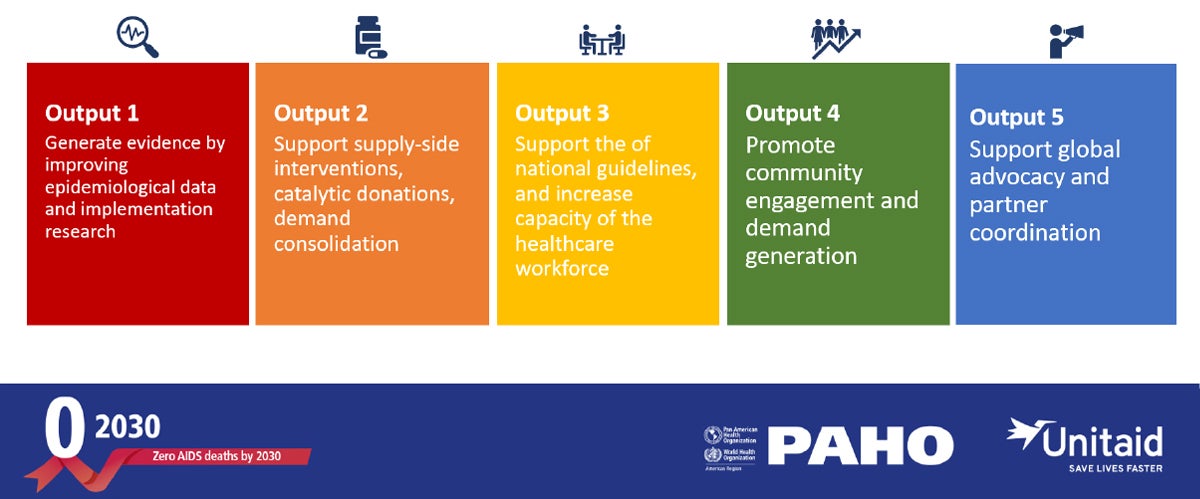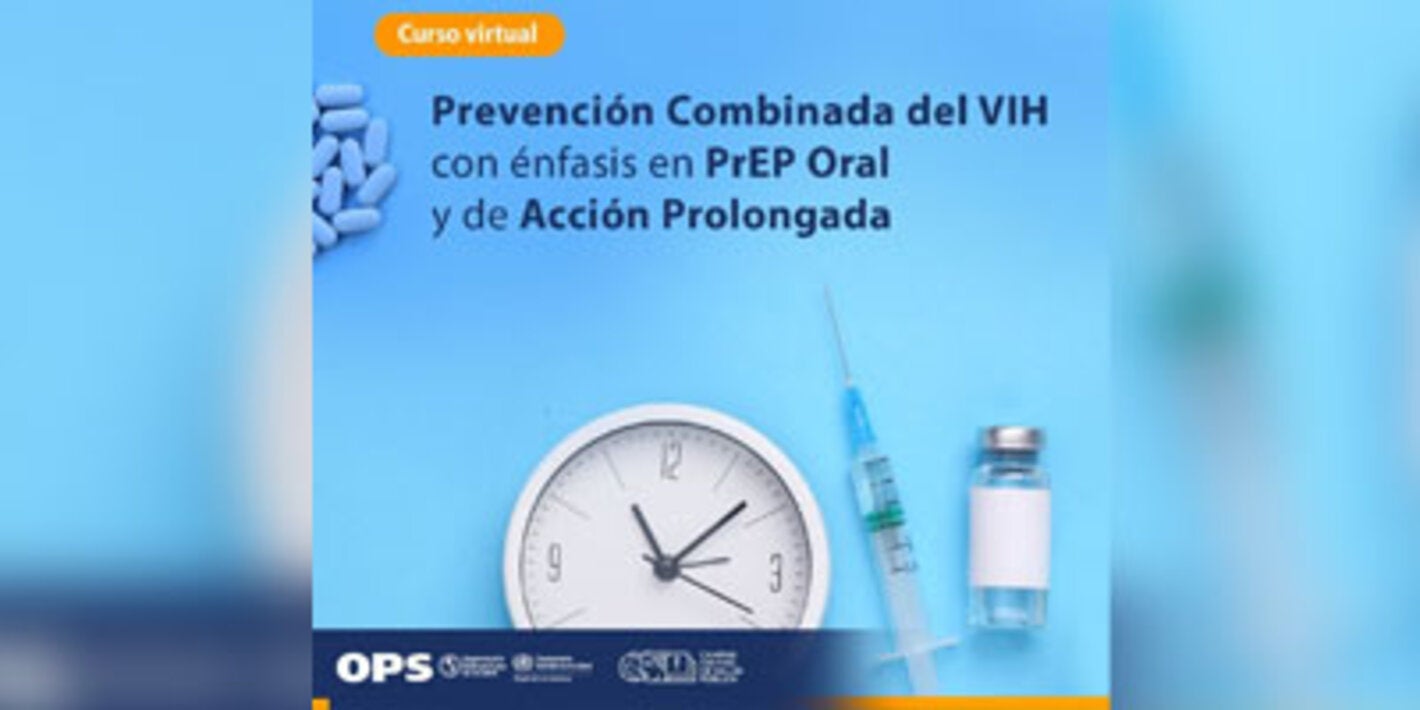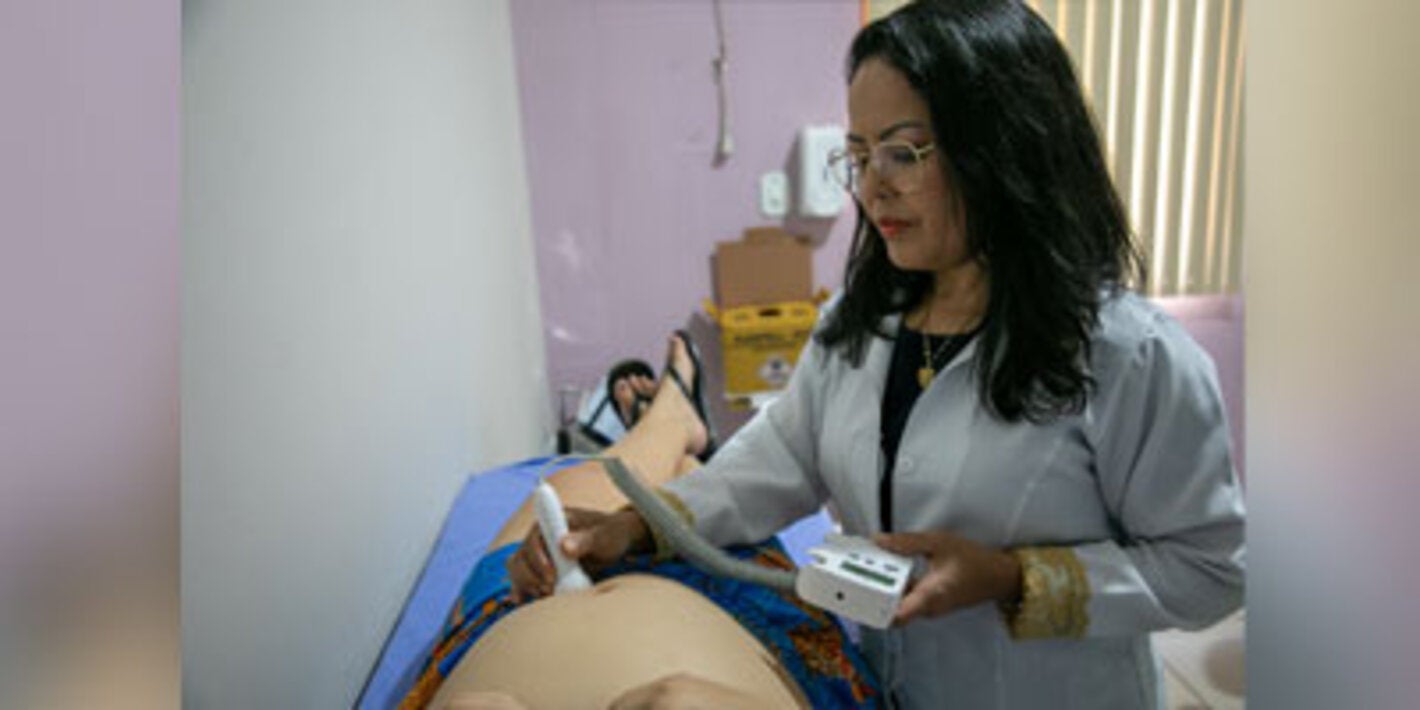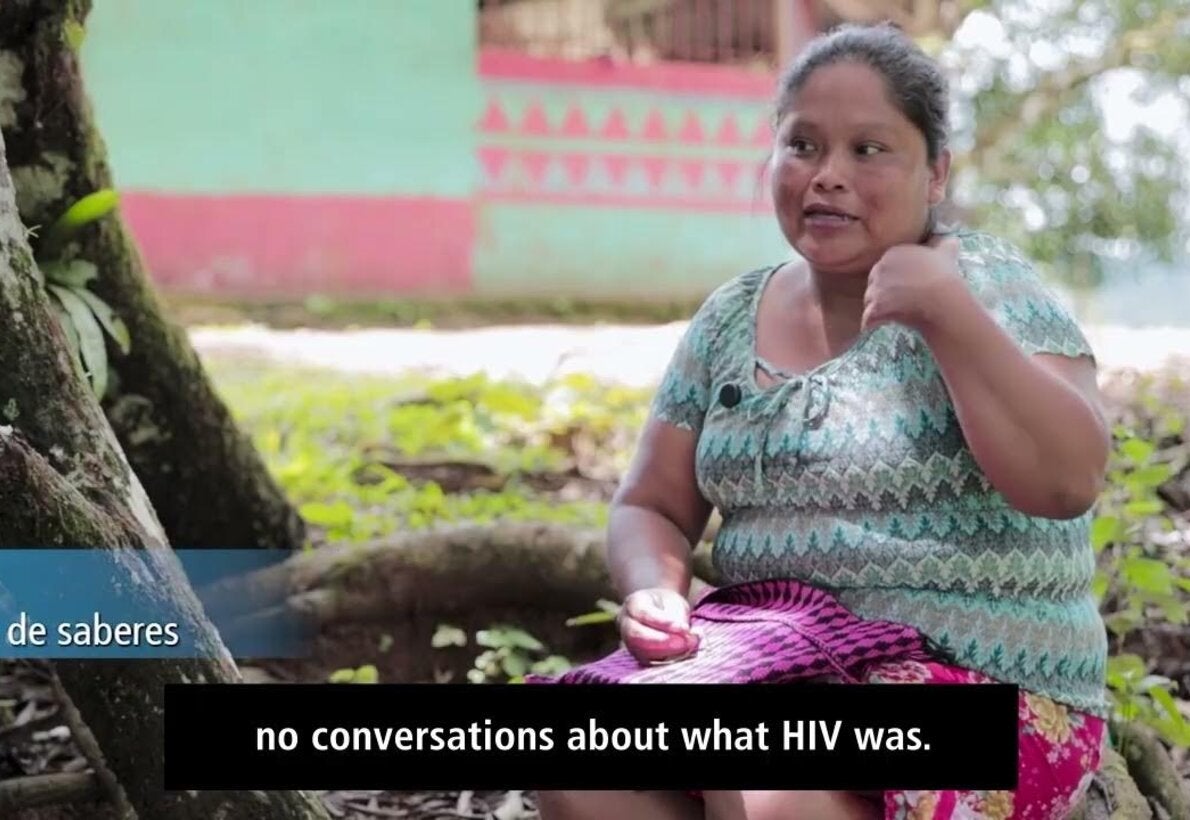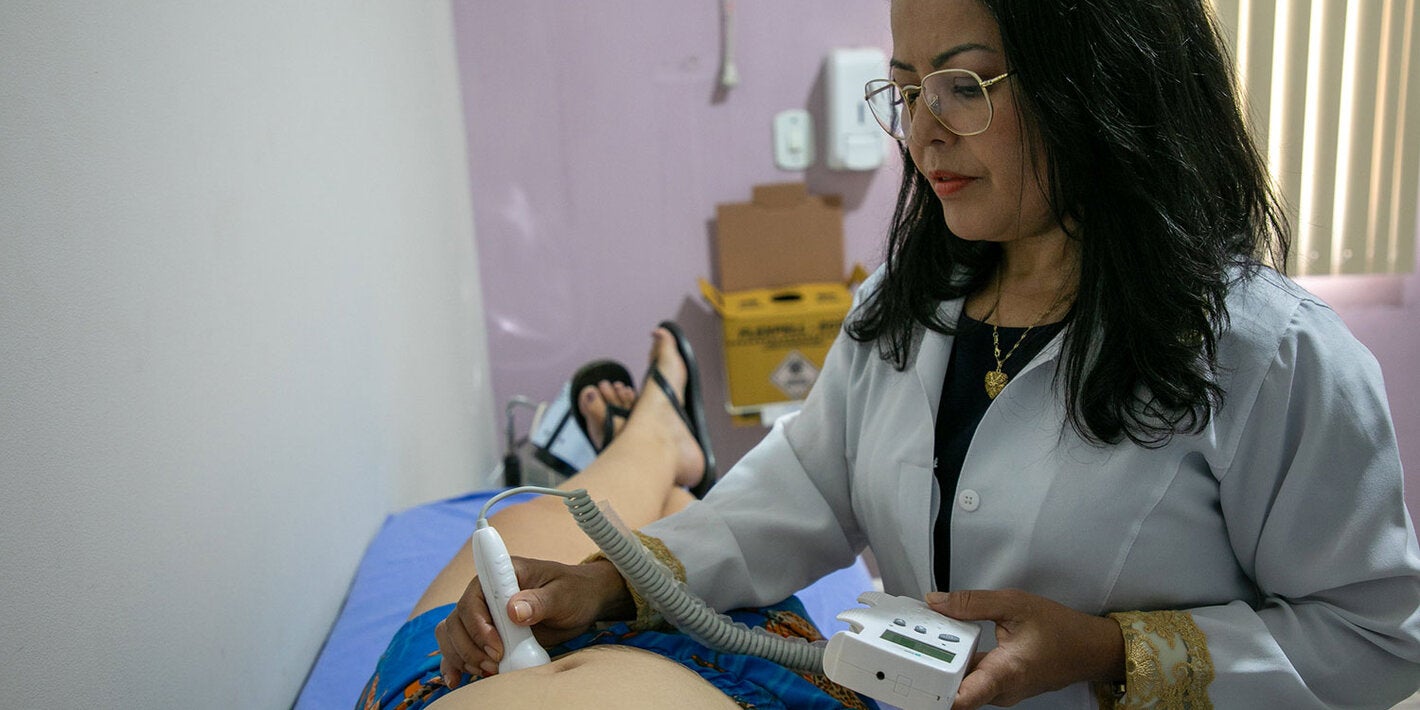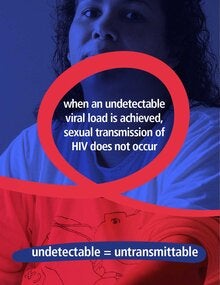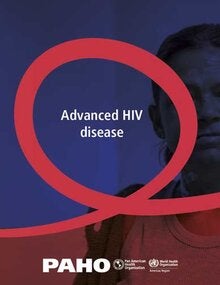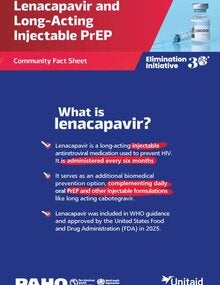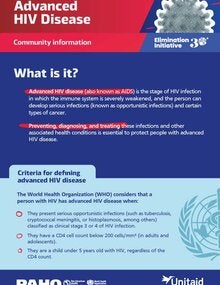Advanced HIV Disease (AHD) refers to a late stage of HIV infection where the immune system is severely weakened, making it difficult for the body to fight off opportunistic infections and certain types of cancer. This stage is also commonly known as AIDS.
According to the World Health Organization (WHO), a person is considered to have AHD if they meet any of the following criteria:
CD4 count below 200 cells/mm³
Clinical classification of WHO Stage 3 or 4
Children under 5 years of age living with HIV (regardless of CD4 count)
People with Advanced HIV Disease face an increased risk of serious infections and mortality, especially if they do not receive timely diagnosis and treatment.
Advanced HIV Disease is characterized by symptoms indicating severe immune system impairment, such as:
- Recurrent fever
- Rapid weight loss
- Prolonged diarrhea
- Sores in the mouth, anus, or genitals
- Skin rashes or lesions
- Swollen lymph nodes
- Headaches, sore throat, muscle and joint pain
These symptoms are often due to opportunistic infections, as the immune system cannot adequately defend the body. The most common and deadly infections in AHD include:
- Tuberculosis (TB)
- Cryptococcal meningitis
- Histoplasmosis
Other serious infections may include Pneumocystis pneumonia (PCP), toxoplasmosis, and cytomegalovirus. It is crucial to seek immediate medical attention if any of these symptoms occur, as mortality rates are high without timely treatment.
Diagnosing Advanced HIB Disease begins with an HIV test, particularly when the person's serological status is unknown. If the test is positive, a CD4 test is performed to assess immune status. A CD4 count below 200 cells/mm³ or clinical symptoms suggestive of AHD require a full clinical evaluation to confirm the diagnosis. In individuals who have interrupted or lost follow-up for antiretroviral therapy (ART), clinical assessment and CD4 values can confirm AHD, given the higher risk of disease progression. Constant monitoring and CD4 tracking are key to detecting disease progression.
Tests to identify common opportunistic infections in AHD should also be performed, including antigen testing for TB, histoplasmosis, or cryptococcosis. For those with respiratory symptoms, sputum testing with Xpert® MTB/RIF is recommended to detect TB.
Immediate prescription of antiretrovirals (ARVs) is the first intervention for HIV infection at an advanced stage. However, ART initiation may be delayed if signs or symptoms suggest TB meningitis or cryptococcal meningitis, as these conditions require specific approaches.
Additionally, prophylaxis, diagnosis, and treatment of opportunistic infections are crucial for the survival of a person with AHD. Timely treatment significantly improves survival and quality of life.
AHD mainly occurs when people living with HIV do not receive adequate and timely ART. The most common causes include:
- Late diagnosis: Many people are unaware of their HIV status, delaying treatment initiation until significant immune suppression has occurred. Early diagnosis is critical for better treatment outcomes.
- Treatment interruption and adherence difficulties: Various barriers (poor healthcare experiences, medication shortages, social and economic vulnerabilities) can lead individuals to abandon ART, increasing the risk of progression to AHD.
- Development of drug resistance: En Irregular treatment adherence can lead to viral resistance to ARVs, reducing their effectiveness and accelerating disease progression.
As a result, around 1 in 3 people living with HIV worldwide enter care at an advanced stage of the disease.
With support from Unitaid, PAHO is implementing a strategic project to reduce HIV-related mortality in Latin America and the Caribbean, focusing on optimized management of Advanced HIV Disease.
Project Areas:
- Strengthening Information Systems and Epidemiological Surveillance: Standardizing and improving data collection and analysis on new HIV cases, late diagnoses, and AHD. Special focus will be on improving opportunistic infections (TB, histoplasmosis, cryptococcosis) reporting, operational research on HIV-related deaths, and conducting epidemiological review missions.
- Access to the Advanced HIV Disease Care Package: Through the PAHO Strategic Fund, access to quality diagnostic products and essential treatments (rapid tests and medications for OIs) is facilitated, with initial catalytic donations for countries.
- Health System Strengthening and Capacity Building: Support to update national strategic plans and clinical guidelines to integrate AHD management, alongside training healthcare providers through webinars and online courses.
- Community Engagement and Advocacy: Partnering with civil society organizations to raise awareness, strengthen leadership skills, promote human rights, and advocate for access to diagnostics and treatments.
- Global Advocacy and Partner Coordination: Creation of a regional expert network on AHD, organization of regional expert meetings, production of policy briefs, and sharing of good practices to scale up AHD care interventions.


